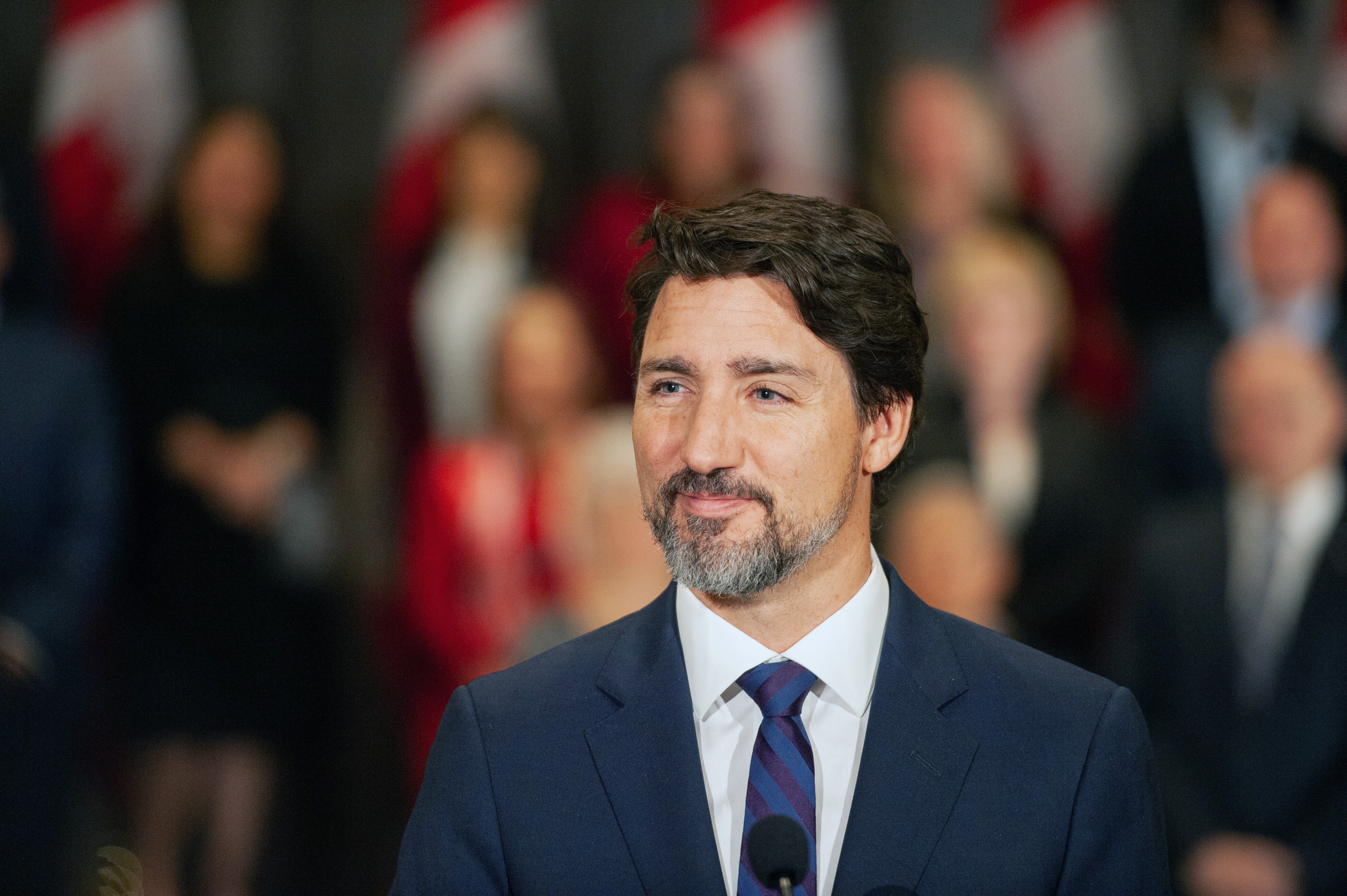Canada Finally Decides to Make Sure It’s Not Buying Stuff Made by Forced Labour

Credit to Author: Justin Ling| Date: Wed, 22 Jan 2020 21:12:27 +0000
The Canadian government wants to make sure it’s not buying goods produced by literal slaves, as part of a new strategy to combat forced labour abroad.
At the same time, Ottawa has been dragging its feet for years on actually combatting forced and child labour.
Ottawa issued a request for information on Wednesday, looking for a company who can help in “conducting a risk analysis of forced labour and child labour in [Public Services and Procurement Canada] PSPC’s procurement supply chains.”
Whomever gets awarded the contract will have to go through all the goods purchased by the government’s procurement arm, and identify which goods are most at risk of having been made, at least in part, by forced labour. From there, the contractor will need to assess what steps the companies have taken to root out those practises and ultimately “suggest an overall prioritization approach” that will allow Ottawa to “maximize the impact of its efforts in addressing the risks of forced labour and child labour in its supply chains.”
It’s all part of Canada’s new National Strategy To Combat Human Trafficking, which commits the federal government to actually track the origins of the things it buys to ensure that there weren’t human rights abuses along the way.
Now, this definitely begs the question: Wait, we weren’t doing that already?
In fact, Canada is already lagging behind the rest of the world on tackling this problem. While it has signed on to all sorts of communiques and declarations calling for an end to forced and child labour, the reality is that Canada hasn’t done all that much.
Honing in on supply chains is vital to ending forced labour—while many companies can, rightly, claim that they don’t use forced or child labour, inhumane practises are often employed by their contractors or sub-contractors.
Loblaws, a Canadian company, long held that it meticulously ensured its garments made by its suppliers in Bangladesh were ethically made, and produced in good conditions. And yet, in 2013, a factory which produced clothes for its Joe Fresh closing line collapsed, killing 1,134 people. Subsequent investigations and lawsuits have unveiled deplorable conditions at that facility and others like it.
There have long been fears that the world’s mining companies— of which are headquartered in Canada—have profited from the use of conflict minerals, sometimes mined with the use of child labour. The oversight body created by the Trudeau government for the extractive sector, the Ombudsperson for Responsible Enterprise, does not have full powers to investigate the possible use of conflict minerals, and does not have compliance-ordering powers. Its implementation has been such a disaster that, this summer, 14 members of the advisory board, including the Canadian Network on Corporate Accountability and World Vision Canada, tendered their resignations in protest.
It’s no small problem. The International Labour Organization reported, in 2017, that some 25 million were believed to be engaged in forced labour worldwide. The reasons are complex—some are forced to work to pay off debt, some are pressed into service by authoritarian governments, some work in illegal factories and mines, and some are forced into the sex trade.
Given all that, there is increasing momentum around the world to address the problem.
In 2012, California passed the Transparency in Supply Chains Act, which requires companies to disclose details of their supply chains—and gives the state power to force their hand if they won’t comply.
Australia, the United Kingdom, the Netherlands and France all passed laws in recent years requiring companies to publish statements outlining their efforts to ensure human rights are respected in their supply chains. The United States, too, has had a patchwork of laws in place for years requiring certain industries, such as those who may deal in conflict minerals, to detail the sourcing of their products.
Canada has no such legislation, just a strategy, adopted last year and set up with a budget of about $12.5 million a year. (About a fifth of that is going to fund a “Canadian Human Trafficking Hotline” and, as we know, hotlines always work.)
The government began consultations last spring on the idea of adopting supply chain legislation, something that was repeatedly cited as necessary during 2017 committee hearings on the issue, but there has been no news since consultations wrapped up in June.
A private member’s bill was introduced, mimicking the law adopted in California, but got nowhere in the House of Commons last year. There were plans for another act to force mandatory supply chain reporting, written by an all-party committee set up to fight modern slavery. “Bluntly put, it’s our aim to ensure that companies take the necessary, and we believe, essential steps to prevent slavery in supply chains,” Senator Dan Christmas said last April, in promising that the bill would be tabled in the Senate in the coming days.
It still hasn’t appeared.
VICE asked Procurement Minister Carla Qualtrough's office whether supply legislation is forthcoming, but her office was unable to give an answer by deadline."
Follow Justin Ling on Twitter.